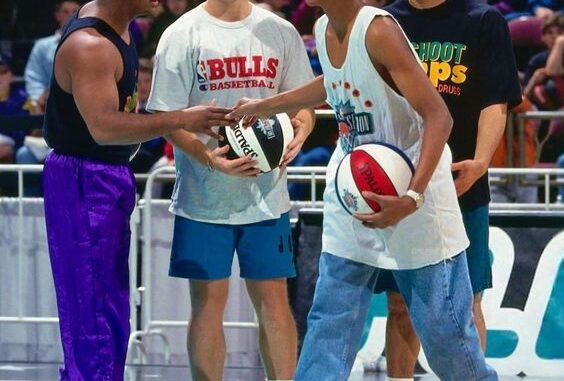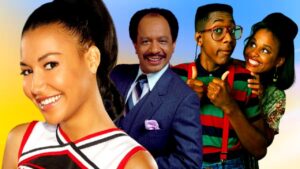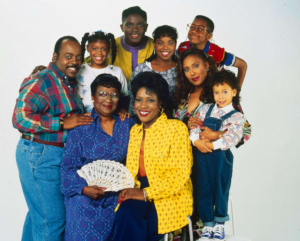
At a time when Black families were often relegated to stereotypical or one-dimensional portrayals, the Winslow clan’s nuanced and relatable representation on the series challenged societal expectations and paved the way for a more inclusive and diverse television landscape. One of the most remarkable aspects of “Family Matters” was its refusal to adhere to the narrow, often reductive tropes that had long defined Black characters on television. Instead, the series presented the Winslows as a fully realized, multifaceted family unit, complete with their own unique quirks, aspirations, and interpersonal dynamics. From the stern-yet-loving patriarch Carl to the spirited matriarch Harriette and their three children, the Winslows were depicted as complex, well-rounded individuals, each with their own compelling stories and perspectives to share.

Moreover, the series’ exploration of the Winslows’ middle-class status was particularly groundbreaking, as it offered a refreshing counterpoint to the prevalent narrative of Black families struggling with poverty or other socioeconomic challenges. By showcasing the Winslows’ comfortable suburban lifestyle and their unwavering dedication to education, professional advancement, and community involvement, the show challenged the narrow stereotypes that had long dominated the television landscape.

Equally significant was the series’ nuanced handling of racial identity and the Winslows’ experiences as a Black family navigating the complexities of modern life. Rather than reducing these issues to simplistic storylines or afterschool special-style messages, “Family Matters” seamlessly wove discussions of race, social justice, and empowerment into the fabric of the show, creating a rich and multifaceted tapestry that resonated with viewers of all backgrounds.
Ultimately, the enduring legacy of “Family Matters” lies in its groundbreaking and trailblazing depiction of a middle-class Black family, one that not only entertained and delighted audiences but also expanded the boundaries of representation on television. By portraying the Winslows as a fully realized, relatable, and multidimensional family unit, the series paved the way for a more inclusive and diverse television landscape, inspiring generations of viewers and creators alike.
